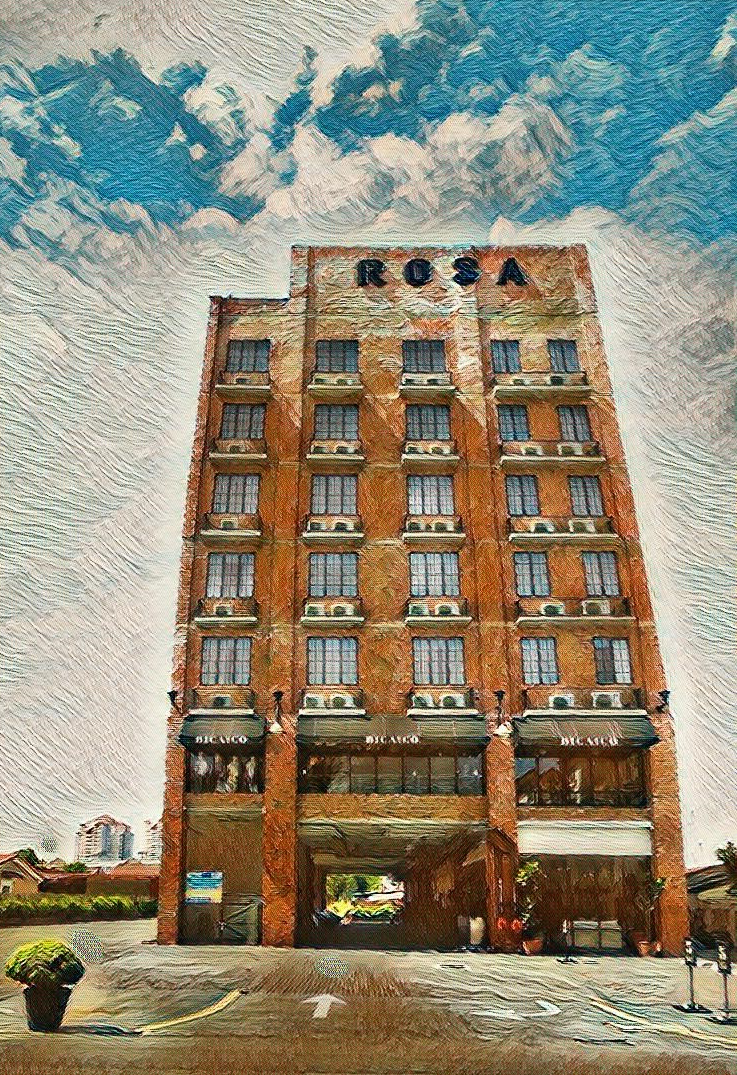Inquiry Stages
-
Prepared by
Attend to Inquiries
-
Respond to inquiries (email/WA/walk-in/phone call)
-
Client's information: full company name, address, contact number, email
- Yes
- No
- N/A
-
Event information (residential meeting package/meeting only/private dining/wedding) Date, Time & Pax
-
Rooms & venues availability check
-
Log inquiries for tracking and follow up purpose
Quotation Process
-
Room rates check (corporate/website/otas)
-
Draft quotation based on client's request
-
Quotation review and approval from Hotel Manager
-
Send out once reviewed and approved
-
Materials included in quotation
Quotation Follow Up
-
Track Sent Quotations:<br>Maintain a daily list of all quotations sent out, including details such as client name, event type, and date.<br>
-
Set a follow-up reminder using the Outlook Calendar with a date for contacting the client.
-
Follow up with clients based on the quotation validity: - Standard validity: 14 days. - Less than 30 days to event: 3-7 days validity. - Further dates during low season: Up to 3 weeks validity. - Discuss any challenges with the team or manager, especially if the customer requests non-standard services or discounts.
-
Handle Rejections and Re-Quote: - If a quotation is rejected, gather feedback from the client. - Adjust the quotation based on their feedback and resend a revised version if needed. - Update the Hotel Manager on any major adjustments or feedback.
-
Closing Sales
-
Proforma Invoice and Deposit: - Confirm final details with the client (number of pax, rooms, event details). - Send more pictures or details if necessary to meet client expectations. - Issue a proforma invoice for the client to pay the deposit to secure the booking
-
Block Meeting Rooms and Accommodation: - Block the required rooms and event spaces in the HMS system and event calendar. - Notify all relevant departments (front office, housekeeping, F&B).
-
Confirm with the client regarding: - Seating arrangements. - Meals and menu selection. - Meal timing and any special requests (e.g., dietary restrictions). - Coordinate with F&B, housekeeping, and front office to ensure all departments are aware of the client’s needs.
Pre-Event Coordination
-
Event Order Issuance (One Week Before Event): - Prepare and distribute the event order to all relevant departments (F&B, housekeeping, front office, and maintenance). - Ensure that all details, such as venue setup, equipment, and timing, are clearly outlined.
-
Room Assignment and Name List: - Obtain the name list from the client for room assignments. - Coordinate with the Front Office for room allocations based on the provided list.
On-Site Coordination
-
Prepare Rooms and Keycards:<br> - Ensure that all rooms are ready and inspected by the time of the client’s arrival.<br> - Confirm that keycards are prepared and ready for distribution.<br>
-
On-Site Client Management: - Be present on-site during the event to manage any last-minute changes or requests from the client. - Ensure smooth coordination with all departments to guarantee seamless operations. - Act as the client’s primary point of contact throughout the event.
-
Post Event Coordination
-
Client Feedback: - Follow up with the client post-event to gather feedback on their experience. - Use this feedback to improve future events and share it with the team.
-
Invoice and Payment: - Ensure the final invoice is issued for any outstanding payments. - Follow up on final payments and issue receipts once completed.









